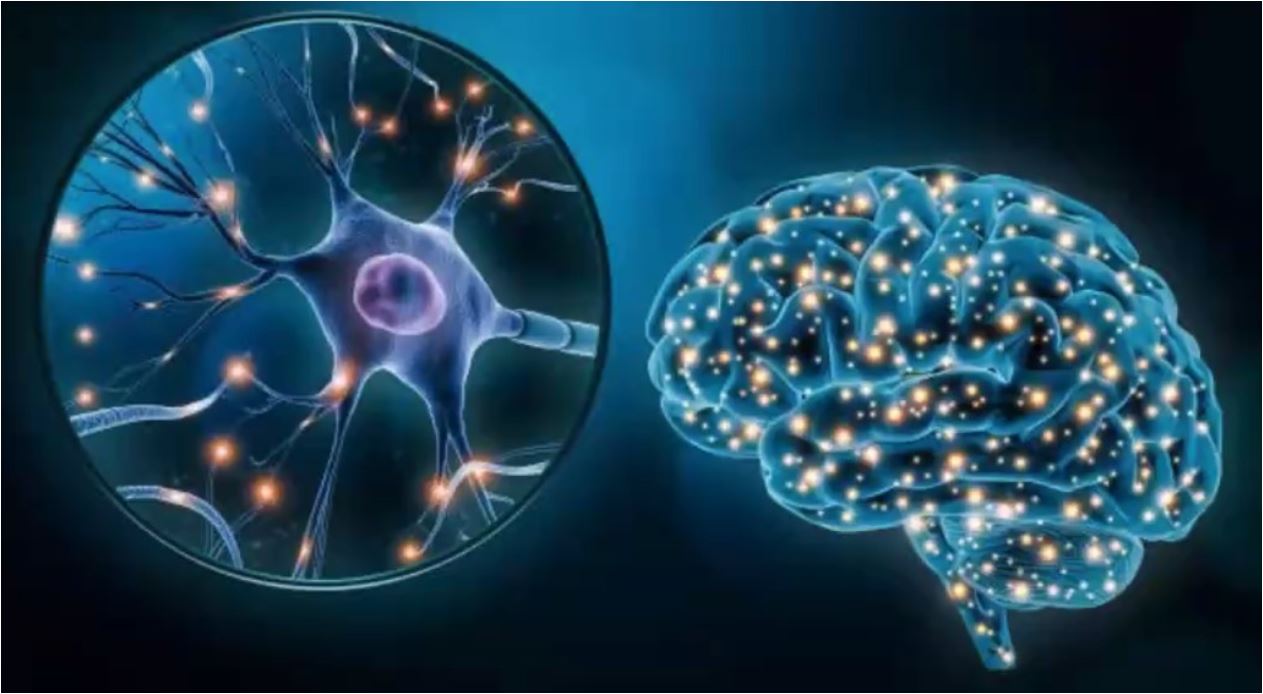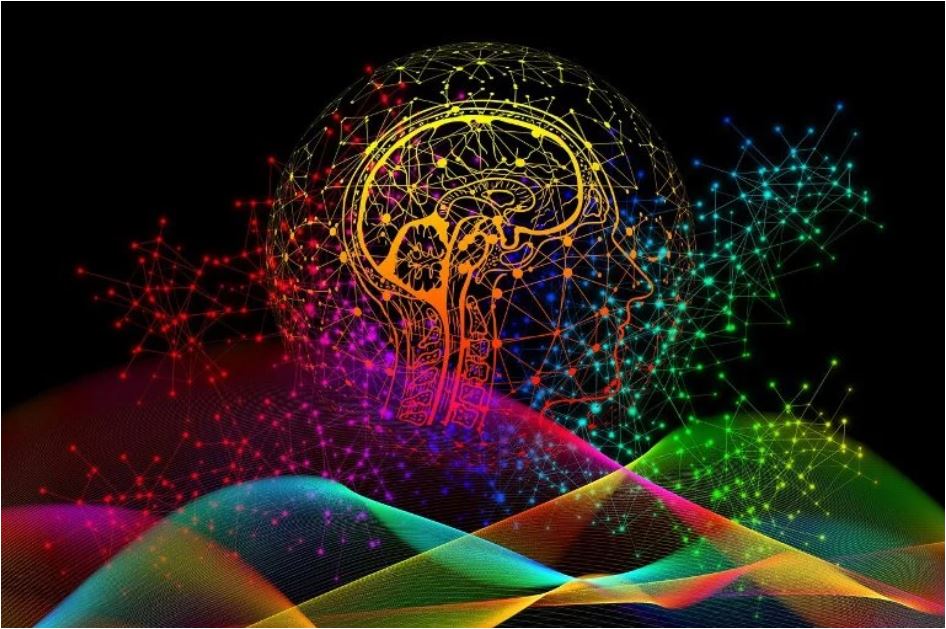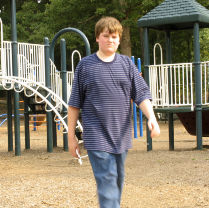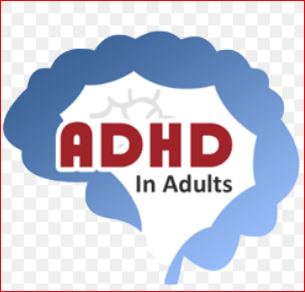If You and/or Your Mate Have ADHD: Understanding the Chances of Your Child Having ADHD
Knowing the chances of your child inheriting ADHD can help you prepare for potential challenges, seek early intervention if necessary, and make informed decisions about family planning. This knowledge empowers parents to provide the best possible support for their children’s development and well-being.










